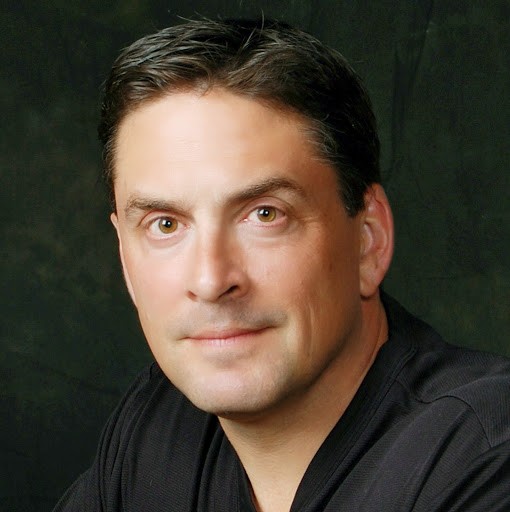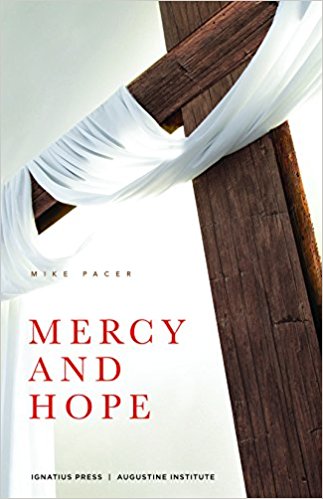Podcast: Play in new window | Download (Duration: 18:49 — 12.9MB) | Embed
Subscribe: Apple Podcasts | Spotify | Amazon Music | Android | Pandora | iHeartRadio | JioSaavn | Podchaser | Gaana | Podcast Index | Email | TuneIn | Deezer | Anghami | RSS | More
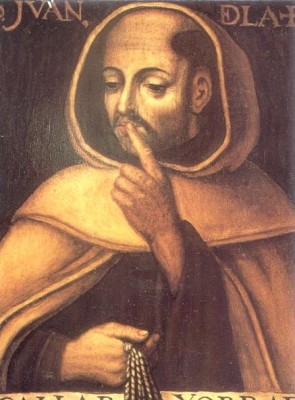
BK3 Chap 20 -22 – “The Ascent of Mt. Carmel” by St. John of the Cross
translated by David Lewis
read by Ed Humpal
For the complete pdf text of the “The Ascent of Mt. Carmel” by St. John of the Cross
For other audio chapters of “The Ascent of Mt. Carmel” visit here
Book 3
Which treats of the purgation of the active night of the memory and will. Gives instruction how the soul is to behave with respect to the apprehensions of these two faculties, that it may come to union with God, according to the two faculties aforementioned, in perfect hope and charity.
Chapter 20
The Joy of the Will in Natural Goods is Vanity. How to direct the Will to God therein.
Chapter 21
The evils of the Will’s rejoicing in Natural Goods.
Chapter 22
The benefits of not rejoicing in Natural Goods.



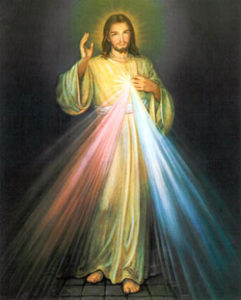
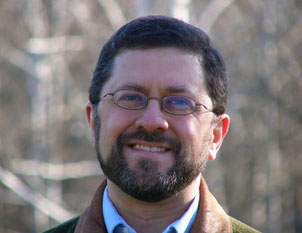
 Pick up a copy of Mke’s book. You’ll find so much more and invaluable references and resources, as well
Pick up a copy of Mke’s book. You’ll find so much more and invaluable references and resources, as well